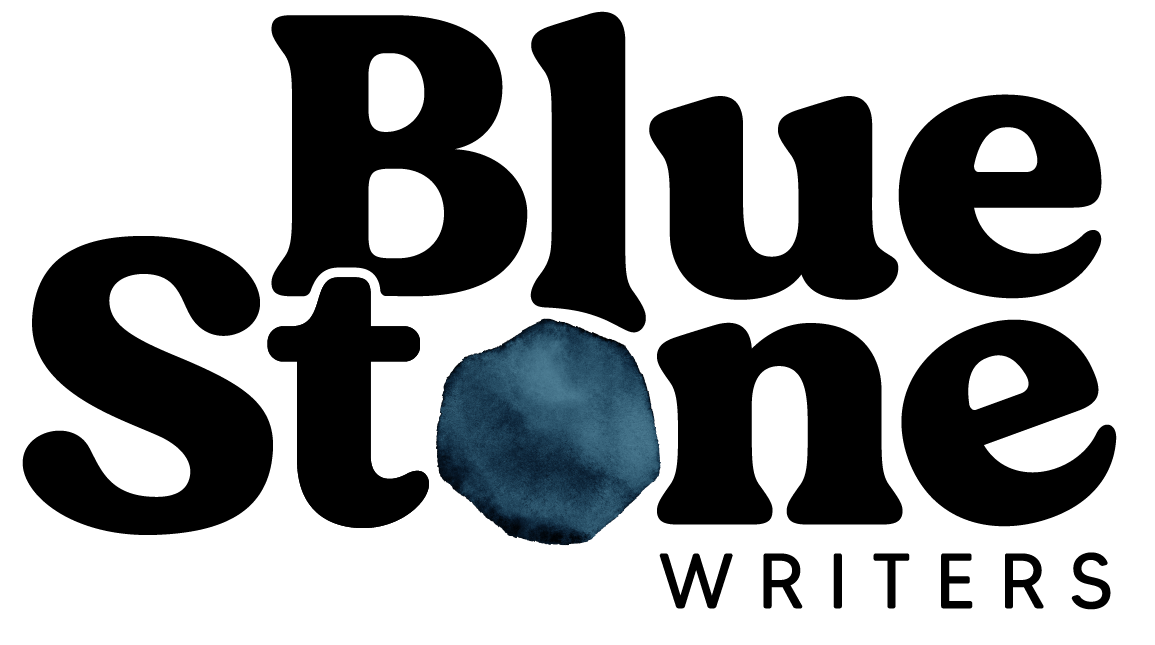Sometimes it feels like my creative wheels are stuck in the mud, spinning frantically but going nowhere.
I find that this kind of stagnation creeps up most often when I run up against a character, scene, or plot point that simply refuses to cooperate, no matter how hard I stare at my computer screen.
You’ve probably heard this definition of insanity: doing the same thing over and over and expecting different results. I don’t know how accurate this “common knowledge” is from a psychological standpoint, but I find it highly relevant from a writerly perspective.
And that’s just it: perspective.
When we’re stuck in a scene or feel like our writing has lost its pizzazz, adopting a new perspective can illuminate previously hidden (and magical) parts of our characters. New perspectives can offer depth to stubbornly shallow concepts, and they often lead us down paths we never would have taken otherwise.
Guided Writing: With New Eyes
Quick recommendation: If there’s a scene that has been troubling you, dig it out and approach it from the perspectives outlined below. If you’re lucky enough to be without troublesome scenes, start a new one, and view it through the following lenses.
In your scene, old or new, give your character (even if it’s yourself) an object to hold. That object could be a fork at dinner, a gem palmed by a pick-pocket, a blanket on a cold night, or something completely different! Focus on how the object feels in your character’s hand (or tentacles, I’m not judging) and how their interaction with it changes throughout the scene. Write for five minutes.
Now, take things a step farther by revisiting that same scene, this time from the POV of the object your character is holding. Did your character protect it, smash it, toss it away? How does the object feel about that, and what does it observe? Write for seven minutes.
If there is another character in your scene, write from their perspective. This character may not even interact with your MC but instead remain a casual observer. What do they see, and how do they interpret your MC’s actions? Write for eight minutes.
This time, change the weather and/or time of day. This may seem small, but these factors have a decided impact on the atmosphere and tone of events. A zombie chase in the dark (nightmarish, searching for light) is very different from one in the morning (brutally clear, confronting reality). Write for four minutes.
Change perspectives on a grammatical level by adopting a new POV: first-person (I/me), second-person (you/your), or third person (they/them). Perhaps first-person perspective can offer clarity on your character’s emotions, second-person can punch your reader in their gut, or third-person can provide some helpful distance. Write for five minutes.
Take a breath. Thank yourself for experimenting with different perspectives and showing up to write today. If you like, jot down a quick bulleted list of new ideas you uncovered!
Want more guided writing? Members have access to more guided writing via the members-only blog. Just one of the many perks of being a Blue Stone!
KAY TEEKELL is a blue stone and fellow creative writer. She works as a writer and editor at Risk Assistance Network + Exchange and has worked with Claire in several capacities over the last few years. Kay is passionate about the power of storytelling and will continue to develop her literary talents for the rest of her life.


